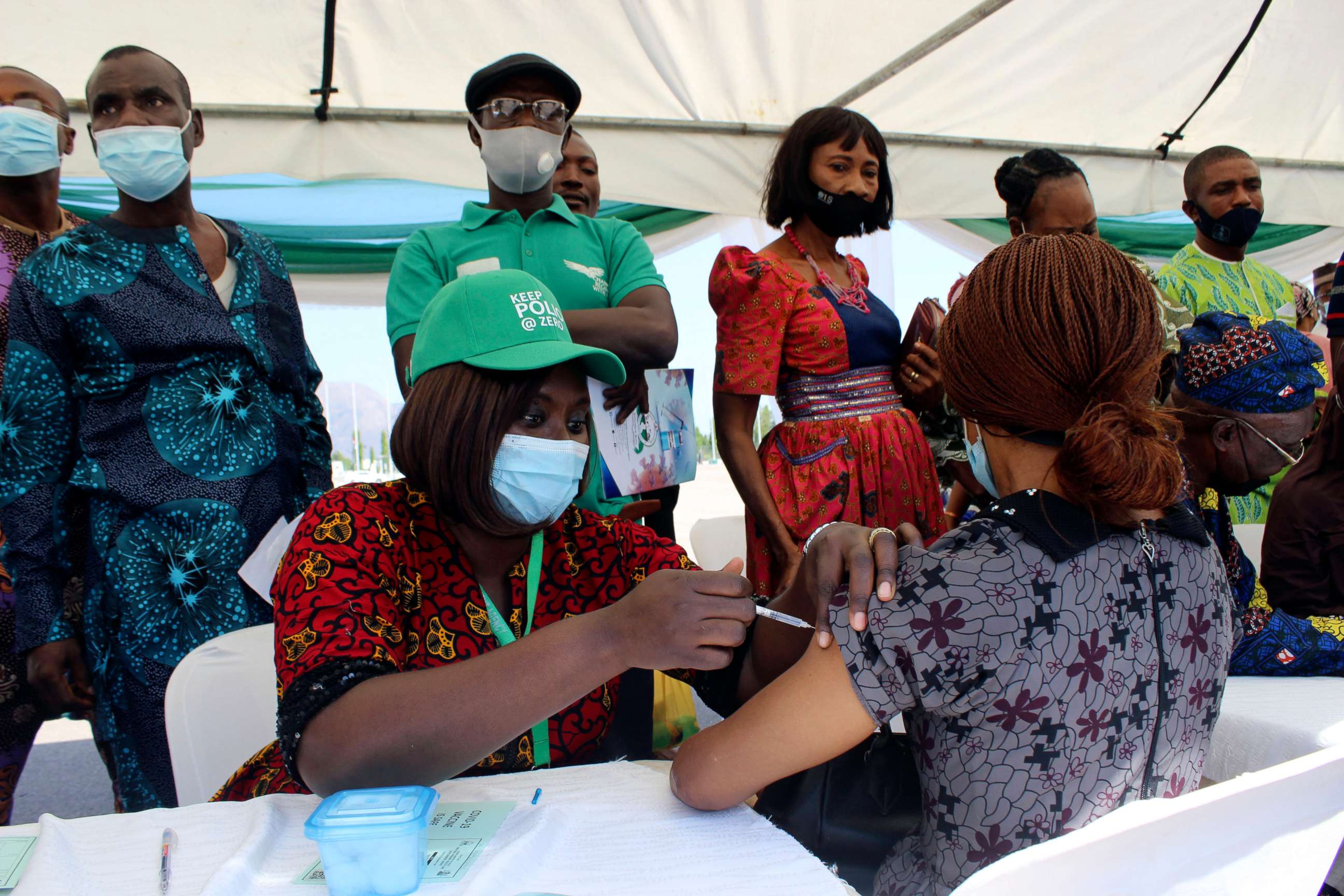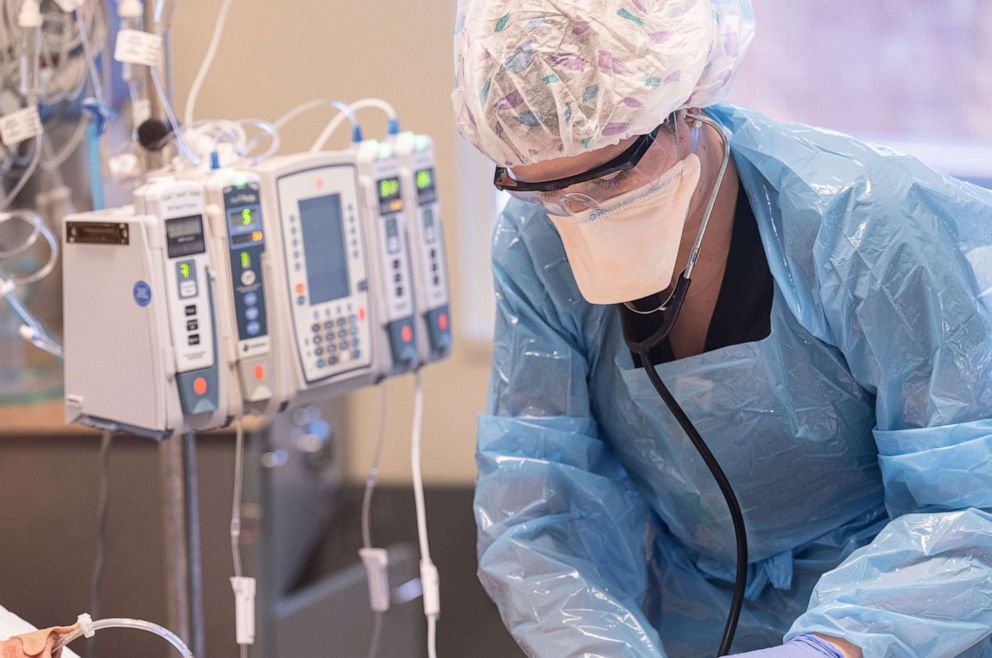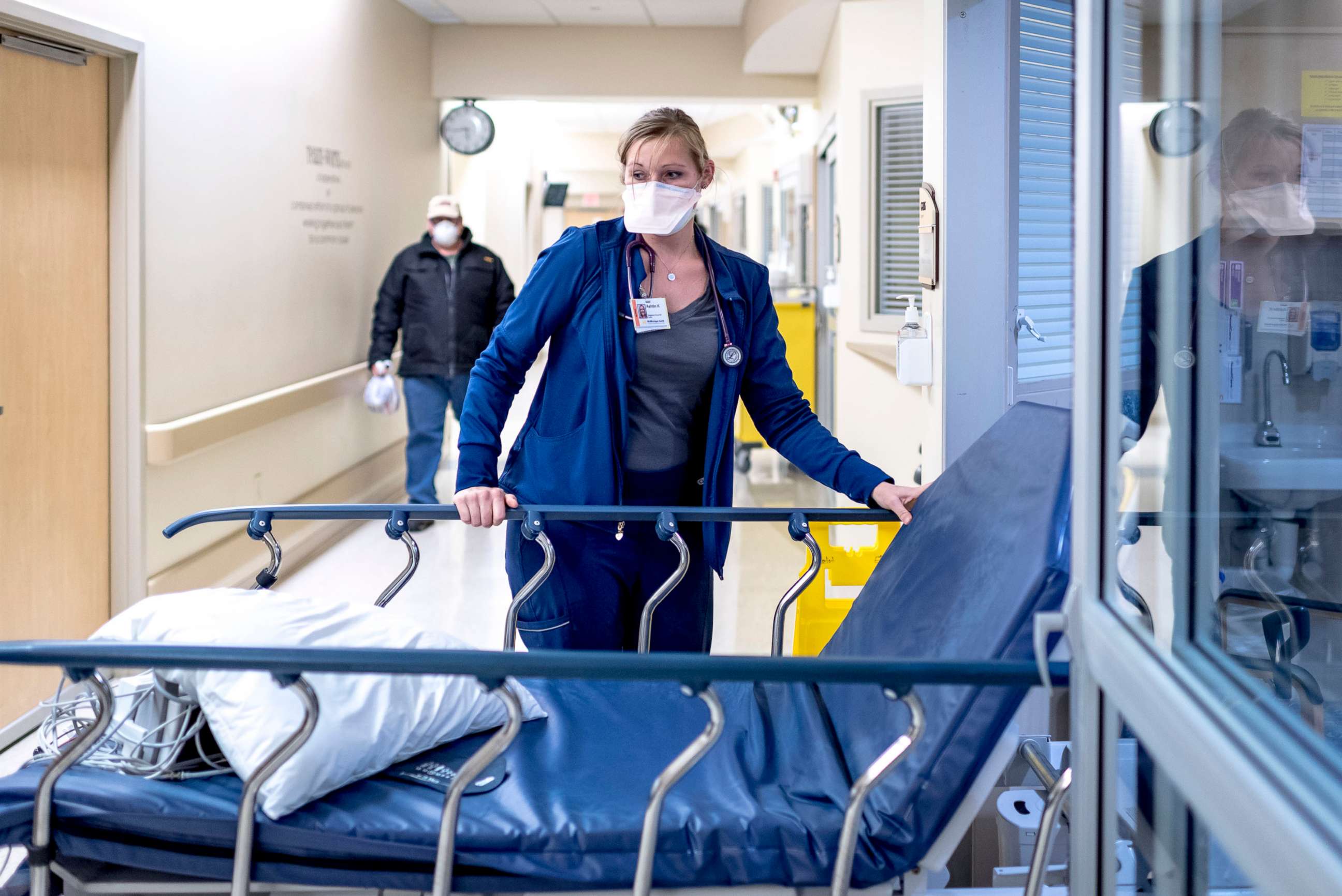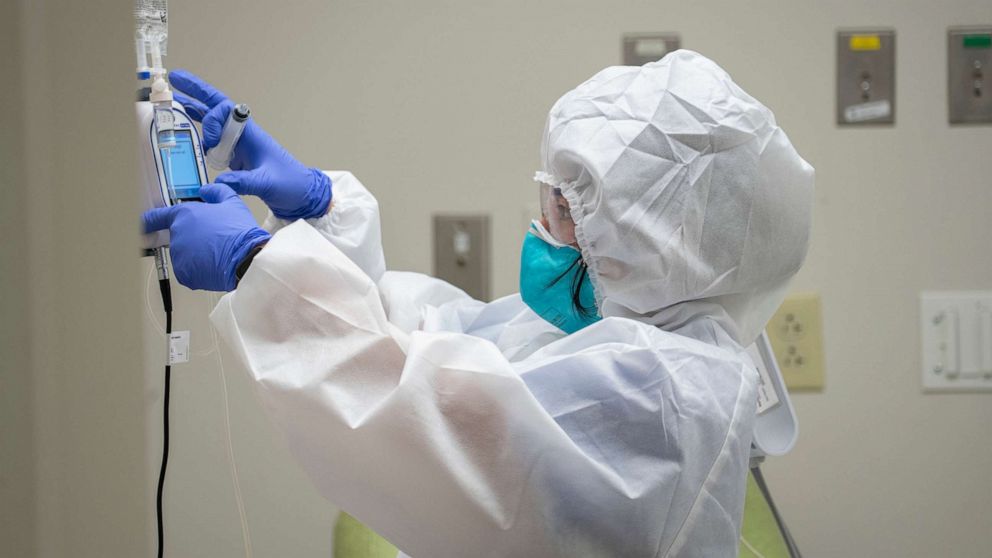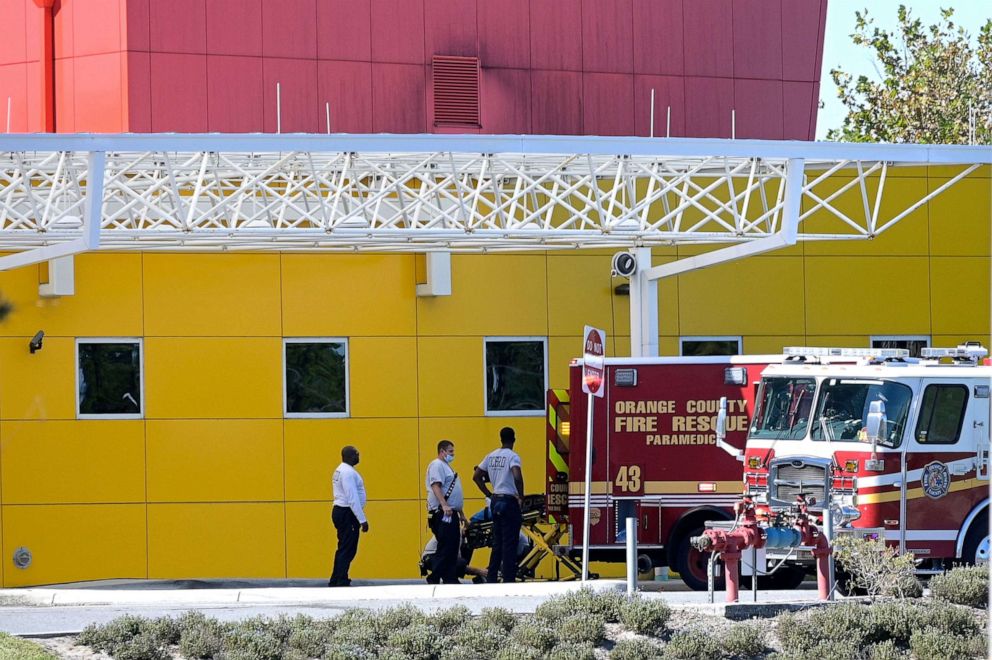Only 1 in 4 health workers in Africa are fully vaccinated: WHO
Just 27% of health workers in Africa, the world's second-largest continent, have been fully vaccinated against COVID-19, according to a preliminary analysis by the World Health Organization.
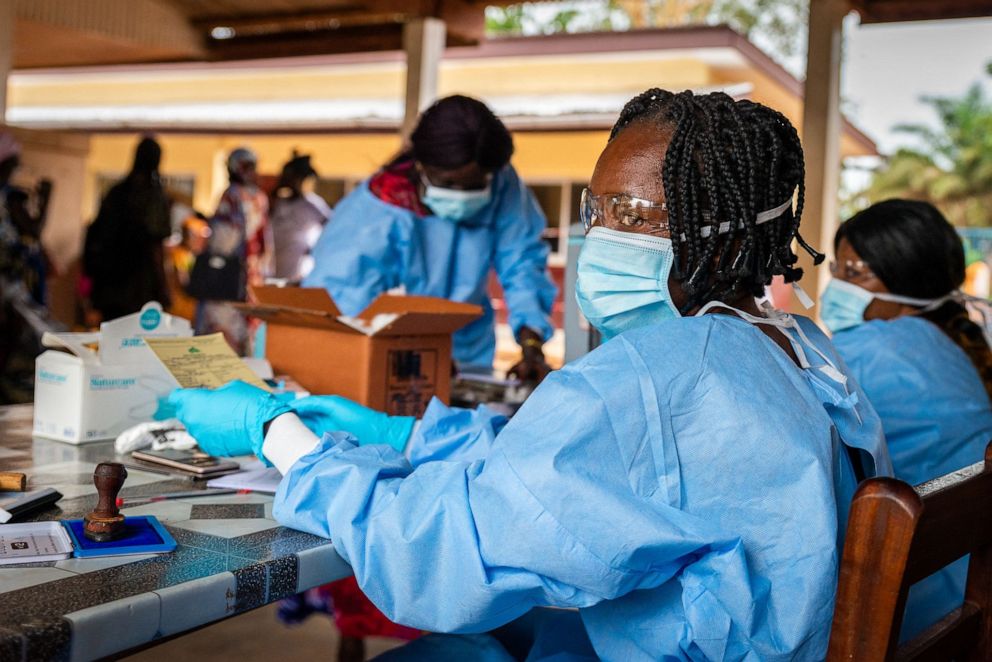
The WHO said an analysis of data reported from 25 African nations found that, since March, only 1.3 million health workers are fully vaccinated. Just six of those countries have fully vaccinated 90% of their health workers, while nine countries have less than 40%. Meanwhile, a recent WHO global study of 22 mostly high-income nations found that over 80% of their health workers are fully vaccinated.
"The majority of Africa's health workers are still missing out on vaccines and remain dangerously exposed to severe COVID-19 infection," Dr. Matshidiso Moeti, the WHO's regional director for Africa, said in a statement Thursday. "Unless our doctors, nurses and other frontline workers get full protection we risk a blowback in the efforts to curb this disease. We must ensure our health facilities are safe working environments."
